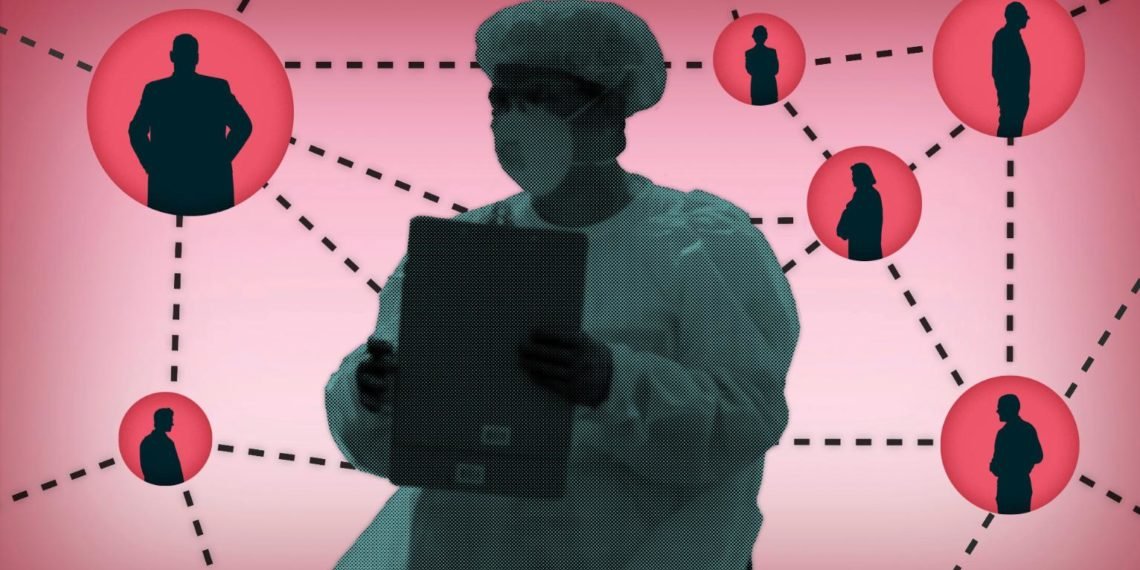The Community Development Alliance (CDA) has called for further investigation into unspent $8.6million earmarked for containment, isolation, and treatment. This amount forms part of the first release of $35m from the World Bank to support the fight against the pandemic.
This is contained in its report on COVID-19 Corruption risk assessment which uncovered lots of breaches of procurement procedures. Also, the report has uncovered a lot of corruption risks that need further investigations.
According to the CDA, a total amount of $12.7m was earmarked for containment, isolation, and treatment from 1st release of $35m from the World Bank. A further breakdown shows that the government spent an average of $150 per night on the 1030 individuals for the 14 days. This means that the government spent $2.163m on 16 hotels and guest houses during the initial wave of arrivals.
Meanwhile, the CDA contends that there are still funds that remained unspent. This is irrespective of whether the government spent an additional $2million on all the other isolation centers during the initial wave of the pandemic.
Also, the CDA notes that it is unclear how $7.4m earmarked for community engagement and risk communication was spent. This also forms part of the first release of $35m from the World Bank. Besides, the CDA indicates in the report that the government did not reveal how much it spent to set up the National Information Contact Center (NICC). The NICC at the Accra Digital Center was set up to provide information on COVID-19 and related matters.
Free Transport for Health Workers allocation
The report states that the government has allocated an amount of GHc2million to transport frontline health workers during the partial lockdown in Accra. However, a review of the documents show that all the amount has not been used. As such, the CDA believes the government did not account for an amount of GHc1,622,000.
Furthermore, the report reveals that the government did not use part of an allocation of $3.4m. This was the part of the money the government has earmarked for coordinating and overseeing the contraction of health facilities. This include the infectious disease center(s) and medical villages throughout the country. The CDA notes that the government has not commenced any work on the medical villages.
Additionally, the report notes that the Administrator of the Common Fund, Irene Naa Torshie Lartey, released GH¢166,280.62 each to the 260 districts. The districts were to use this money to fight the pandemic. However, the CDA notes that “no district has accounted to the people for how this release was spent”.
The CDA further indicates that contracts worth GH¢60m for fumigation services and logistics were mostly without tenders. This was under the District Assemblies Common Fund for the 2020 fiscal year. The amount involved the procurement of sanitizers, masks, dustbins, cleaning kits, etc to all districts.
Corruption Risk
According to the CDA, there appears to be an issue with funds of $1.2million meant for the payment of 900 contact tracers. The Ghana Health Service employed these people to work on case detection, contact tracing, and reporting. However, the CDA indicates that 600 of them dropped out later due mostly to “the erratic payment of their daily allowance of $25 (GH¢150.00)”.
A corruption risk, according to the CDA, arises over whether an employment contract regulated the work of the contact tracers. The report also questions the terms of their engagement, and how much was paid to them, and for how long. Also, the CDA demands an explanation as to why 600 of them dropped out.
The assessment addresses corruption risks associated with public procurement during the COVID-19 pandemic in Ghana. It was carried out between March and April 2021, based on a review of background documentation. Overall, the CDA notes that the government has accessed and utilized GHC12,440,710,000 ($2,144,950,000) from several sources. Some of them include the World Bank, IMF, Ghana Stabilization Fund, and the Contingency Fund of the Stabilization Fund. Others are the Ghana Heritage Fund, Ghana Exim Bank, and the COVID-19 Trust Fund.
READ ALSO: GUTA set to close down unregistered foreign retail shops





















